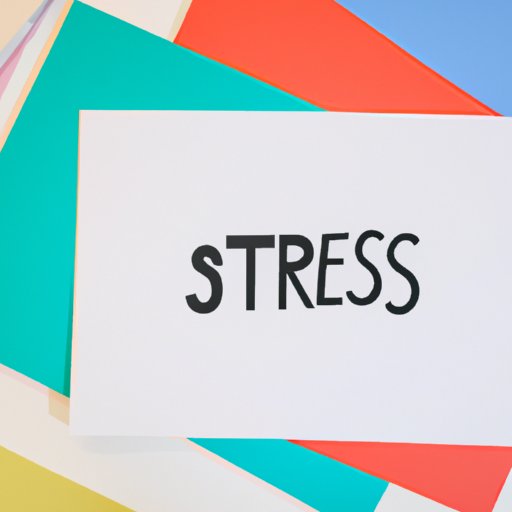
Introduction
Stress is the body’s response to a demand or pressure. Although it helps us stay alert and focused, prolonged stress can cause physical and mental health issues, such as anxiety and depression. Lowering stress levels is essential for maintaining good health and wellbeing.
Mindfulness Practices
Mindfulness is the practice of being present and aware of our thoughts and surroundings. It helps increase awareness of our thoughts and emotions, leading to better stress management. Engaging in mindfulness practices such as meditation, breathing exercises, and yoga can help boost overall wellbeing, reduce anxiety, and decrease stress levels.
Exercise and Physical Activity
Physical activity and exercise are some of the most effective ways to reduce stress levels. Engaging in regular exercise boosts the production of endorphins, chemicals that help relieve pain and boost mood. Exercise can also help increase confidence, reduce anxiety and depression, and improve overall wellbeing. Regular exercise can include activities like running, cycling, weightlifting, or playing a sport.
Time Management
Effective time management can help reduce stress levels by allowing for more control over how time is allocated to tasks and responsibilities. Proper time management involves setting priorities, planning, and scheduling in advance. Avoiding procrastination is one of the most crucial aspects of time management since leaving tasks until the last minute raises stress and anxiety levels.
Social Support
Social support refers to the relationships we have with family, friends, and colleagues. Having a strong social support network can help decrease stress levels by providing a sense of belonging and support when facing difficult situations. Building and maintaining friendships and relationships requires open communication, empathy, and an investment in the relationship.
Relaxation Techniques
Relaxation techniques such as deep breathing, progressive muscle relaxation, and visualization can help lower stress levels. These exercises can be done easily even with a busy lifestyle, as they take only a few minutes and can be practiced anywhere. The benefits of relaxation techniques include reduced hypertension, lower heart rate, improved digestion, better immune function, and overall improvement in wellbeing.
Conclusion
Lowering stress levels is crucial for maintaining good health and wellbeing. Mindfulness practices, physical activity, effective time management, social support, and relaxation techniques are all effective ways to reduce stress levels. By incorporating these techniques into a daily routine, individuals can reduce the negative impacts of stress and improve overall health and wellness.
Remember, everyone has different stressors and coping mechanisms. So, it’s essential to find what works for you, and it may take time to incorporate the most effective techniques for lowering your stress levels.




